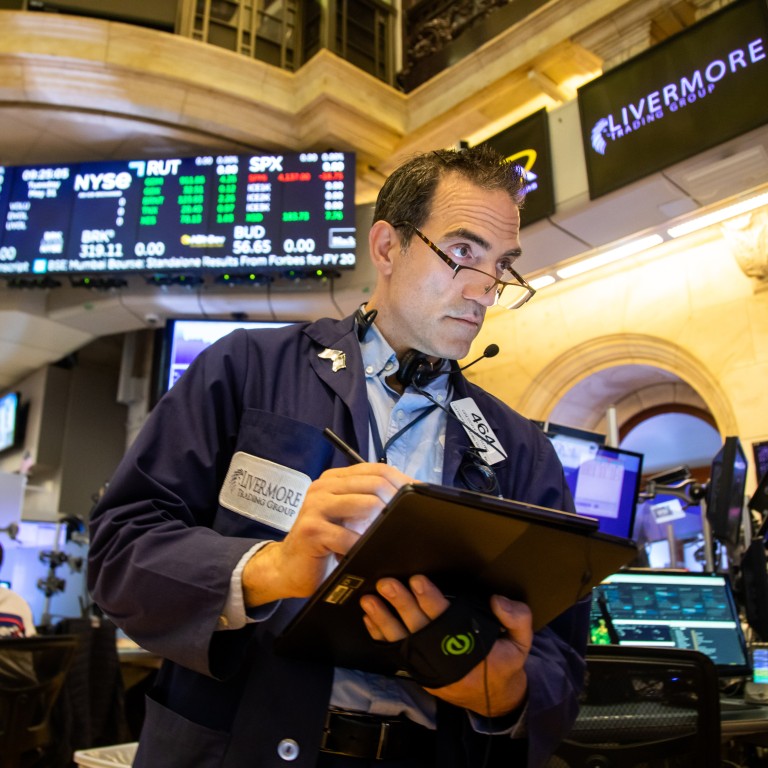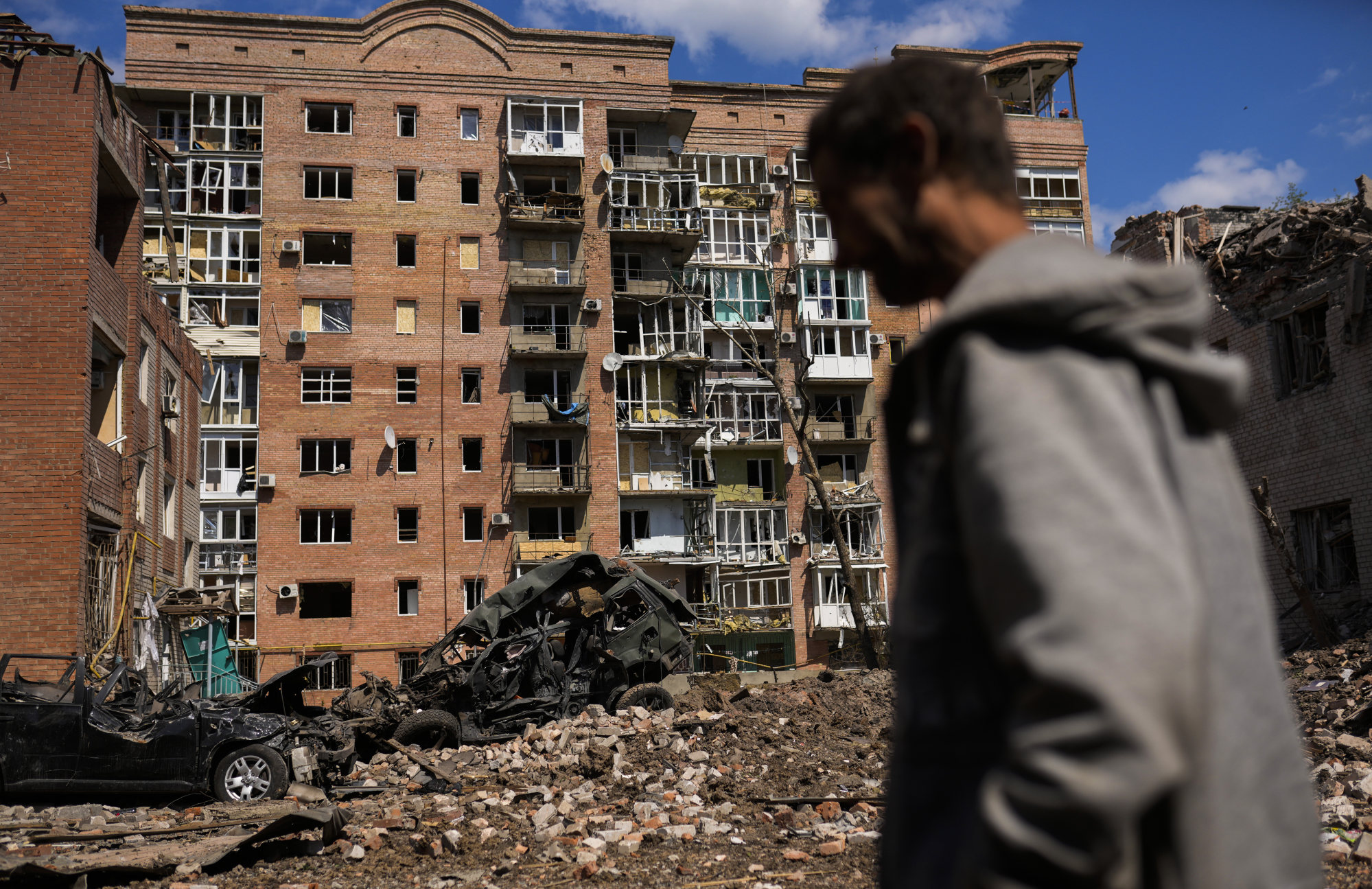
The real Great Recession is upon us – prepare for multi-year losses
- The 2009 financial crisis, dramatically named the Great Recession, was followed by a swift recovery; so too were the pandemic-induced downturns
- This time it’s different, given a long-term and uncertain shift in global geopolitics. Investors will need patience and the ability to play the long game
In the past 25 years, global stock markets have risen over 200 per cent, according to the MSCI World Index. Global property is up more than 130 per cent, with the Hang Seng Property Index up threefold, although now back to 2015 levels.
Global money supply (M1) is a staggering 280 per cent higher as central banks have provided the liquidity to inflate asset prices. Yet cash has remained stable, helped by low supply and demand-led inflation. Spare cash from mainland China, Russia and elsewhere has flooded into New York, London and Hong Kong.
If you have been an owner of capital, assets, an entrepreneur, or an intermediary, you have done much better than the poor old worker, with the non-farm payroll index up about 120 per cent.
The tide has turned. Global geopolitics is in transition, changed by an unnecessary and bloody war in Europe between two sovereign nations. It is shrinking the supply of oil and grain, driving inflation, and is likely to diminish Russia’s geopolitical influence. In a world of two megapowers, we will see a different and, perhaps, more tolerant relationship with each other.

The old burghers of the Bundesbank, who saw inflation in only slightly less horrific terms than World War II, would spin in their graves. Estimates from some economists that inflation will return to 2 per cent is just wishful thinking.
There is a chance that central banks are going to have to reduce the liquidity they are pouring into the economy, which will hurt, rather than raise interest rates, which would also hurt. We saw in 2008 the short sharp recessionary impact of a liquidity crunch.

That so-called Great Recession was a hyperbolic term invented to make a headline, but economic growth soon recovered. Covid lockdowns also led to temporary recessions, with US GDP falling 31 per cent in the second quarter of 2020. UK growth declined by 19 and Europe’s by 12 per cent. But, the very next quarter, they were up 34, 18 and 12 per cent respectively.
Instead, the upcoming recession will be multi-year and drawn out – a life-cycle event in the lives and careers of most on this planet.
As the tide is going out, investors will no longer be able to surf on ever-increasing waves. Market narratives range from a tsunami to small ripples, and they will combine and conflict, both intensifying and cancelling each other out in ways that make forecasting almost impossible.
That will only help this boom die harder. But forecast we must; to make investment decisions, the only way is to look to the future.
The real Great Recession is coming. Investors will have to be open to the idea of losing money on a multi-year basis. No one can be so fleet of foot as to trade these markets. Asset prices will fall across the board – I have seen Hong Kong fall three times by 50 per cent or more in my career, so we should not be surprised at these kind of declines.
However, they will be able to creep up their prices as the inflation psych sets in. Bonds will do badly because interest rates are going up. Real estate always suffers in a liquidity crunch. Commodities are already off their peak; gold seems to be of little use as a hedge.
Can we avoid a global recession? That depends on the US
If you want to guess the exact timing, good luck. Real-life investors will need to remember the “J” curve. Good companies in tomorrow’s sectors, and defensive stocks will fall but they will also recover – at which point the value balance will flip from cash to stocks – usually as everyone capitulates.
Investors will need patience, the ability to play the long game during the bad times, and to pick their investments carefully. Booms die hard, and recoveries climb a wall of worry.
Richard Harris is chief executive of Port Shelter Investment and is a veteran investment manager, banker, writer and broadcaster, and financial expert witness


